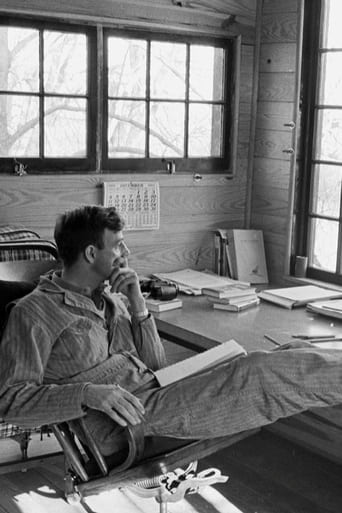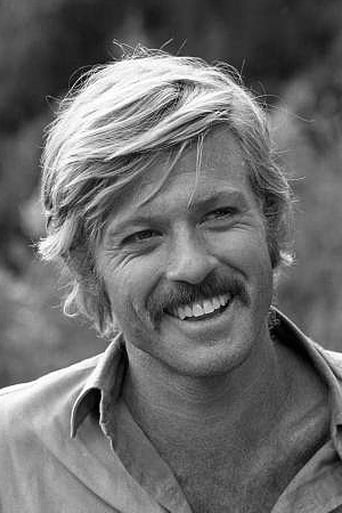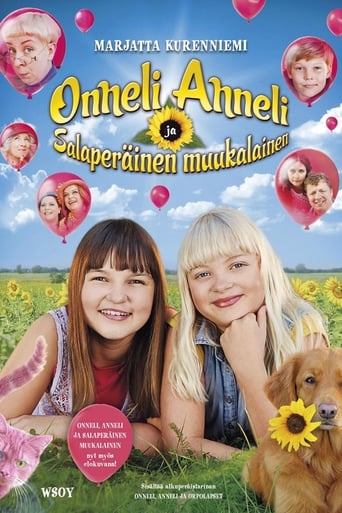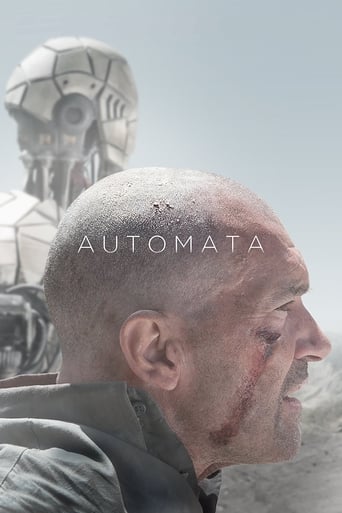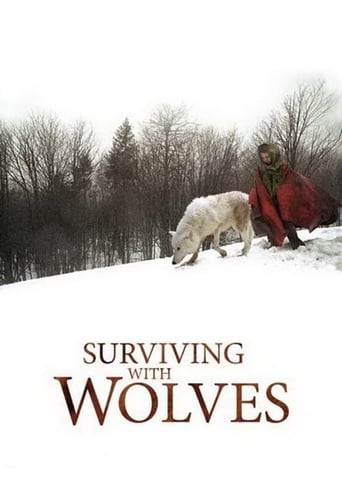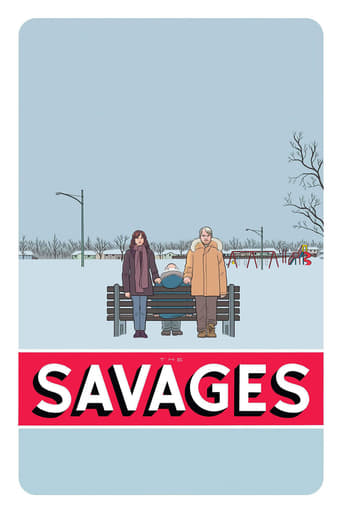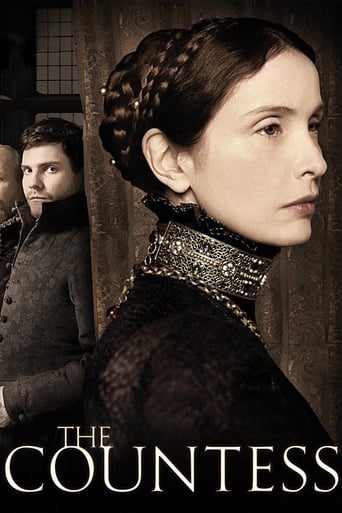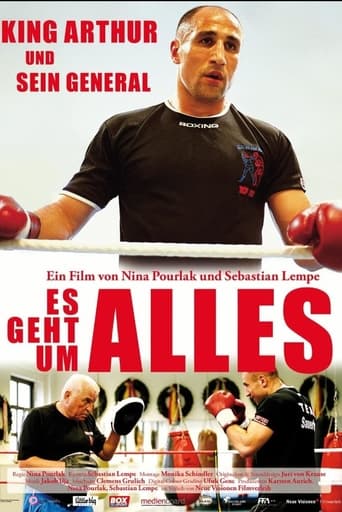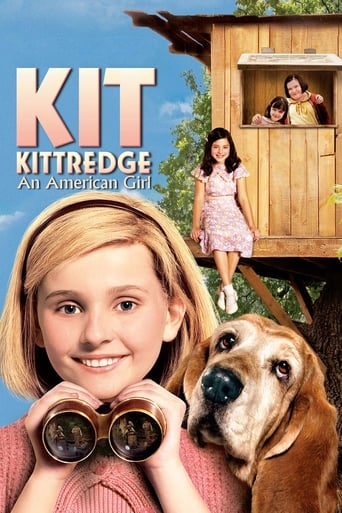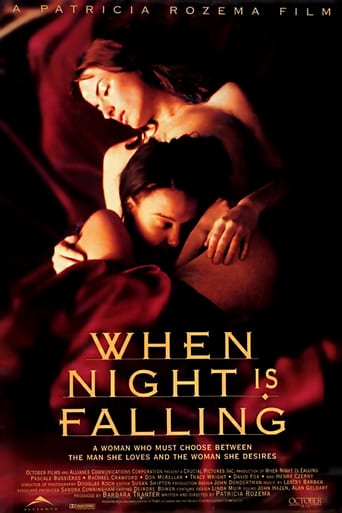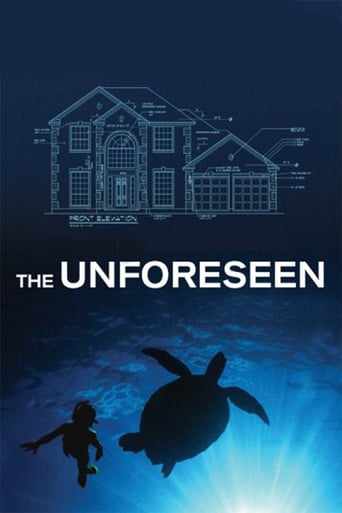
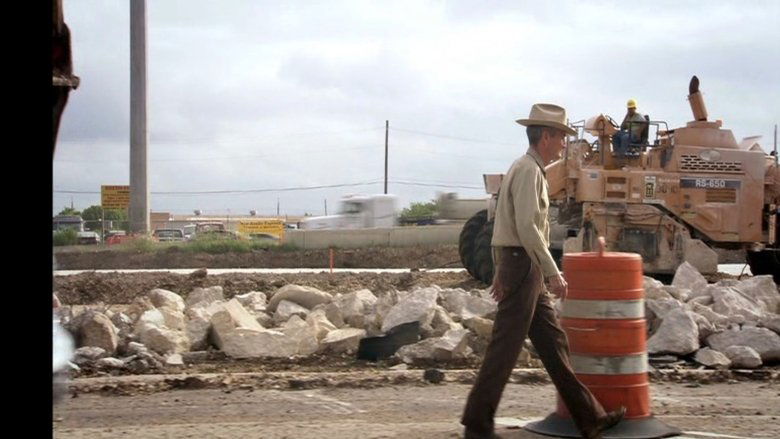
The Unforeseen (2007)
A documentary about the development around Barton Springs in Austin, Texas, and nature's unexpected response to being threatened by human interference.
Watch Trailer
Cast


Similar titles
Reviews
As one who enjoys a good documentary and also passionate about the fact that we're heading for eco-disaster, I was kind of looking forward to watching this movie.Unfortunately, the only thing I got out of it was that Austin seems like a nice place to visit or live (thus attracting more people and more development), and that the Springs in question were very attractive, and worth preserving.But the movie just goes on for hours about a subject which could be summed up in a 15 minute news article.Also, this stuff is what we should have been watching in the 80's. Its too late for this now. We have more important stuff to worry about, like where the refugees from the frozen, scorched, and flooded parts of the world are going to live. And what we're gonna eat when we have 10 billion people.Geez, its human survival we're fighting for, not just a pretty hot spring !!! Perspective please !! I wanna see James Cameron or Roland Emmerich making something about how, just before the world was about to end, everyone got off their asses and did something, and we all lived happily ever after.-------------- The above was written after about the first half of the movie when I was wondering if I was alone in thinking the movie sucked. Now I've completed the movie, my opinion has degraded further. There was a small improvement, but the ending was just bizarre !Ending on the developer going out of business ?? What point is the film trying to make?And then more touching music and poetry. Give me a break. I would not recommend this movie to anyone. Just read these reviews then watch Inconvenient Truth, Al Gore's latest talk on TED, A Crude Awakening, 11th Hour etc. etc. oh and "The Day After Tomorrow" !!
I coincidentally live in a section of Texas that is heavily wooded, mostly prominently with tall, old-growth Pine trees. In the 22 years I have lived here I shudder a bit each time I witness a plot of lend being clear-cut to make yet another "subdivision" or "business park", wondering about the mentality that drives the people behind these developments.This film, "The Unforeseen", helps answer that question, delving into the mind of Texas Developer Gary Bradley.Gary Bradley grew up far from the big city, in a rural farming community, but always knew he wanted to make something more of himself. He ended up at the University and later in Austin as a developer. He was the kind of developer who had the big plans, but by his own admission was lousy with the accounting. As a result he and his company went bankrupt and he ended up in jail. His story is folded into the broader story of how two segments of society can be at odds.The tragedy that ensued was the spoiling of Barton Creek, an almost religious location for many on the one side that wants to preserve nature. The other side are all those who relish the jobs and boost to their economy that "development" brings.The conservation group succeeded in convincing Texas that development of an area immediately upstream of Barton Creek would spoil the area, and one step in the process was to have then governor Ann Richards veto a bill that would have "grandfathered" zoning and construction regulations, which would have permitted development under old rules, even if modern technology shows that it would do undue harm. But when good old liberal, business partner George Bush got elected, the bill was re-introduced and this time Bush signed it, signaling the gradual death of Barton Creek. Ironcally the same Bush who initiated the unwise war in Iraq.What this movie goes to show is how one incompetent person (in this case George Bush) can undo and override the efforts of untold numbers of good-intentioned people.Robert Redford was a producer for this film, and he is shown in it. It is interesting that he said he learned to swim in Barton Creek when he was 6 years old.Good film, but hard to watch as it clearly shows the human stupidity at work.
During the early 1990's--my college years--Austin and the rest of Texas were not all that far apart politically. Both were generally moderate and bipartisan. Texas had a governor from the liberal wing of the Democratic party (Ann Richards), and Austin had a moderately conservative mayor (Lee Cooke) and city council. But in 1992, things began to change when developer Gary Bradley with the backing of Freeport-McMoran announced plans to build subdivisions over the Edwards Aquifer, which feeds Barton Springs in South Austin and is the source of most of the potable water for Austin, San Antonio, and their suburbs and exurbs. The citizens of Austin rose up and passed the Save Our Springs (S.O.S.) ordinance, which would have curbed the development of these subdivisions, which caused great controversy statewide. "The Unforeseen" is a documentary showing what led up to the controversy and its aftermath."The Unforeseen" begins and ends with Gary Bradley, the developer at the heart of the controversy. He grew up in West Texas, a land of droughts and tornadoes, where nature is seen not as a treasure to be protected, but as an enemy to be overcome. He mentions that he enrolled at the University of Texas in 1972, and the movie shows archival footage of Austin during that time, when it was still mostly a college town. Back then, Austin was known as a place where you could call yourself a left-wing hippie *AND* a redneck at the same time (of course Willie Nelson is briefly interviewed).By 1980, Bradley was a successful developer with dreams of building a self-sufficient subdivision in Southwest Austin called Circle C Ranch. In 1990, he had just won approval from the city to start building, when the S&L collapse hit, sending the country into recession and putting the brakes on the funding for the project. Eventually, though, he was bailed out by Freeport-McMoran, but by this time, the citizens of Austin were in near-unison in their opposition to the project. Footage is shown of the contentious city council meeting where Freeport CEO (and non-Austinite) Jim Bob Moffett arrogantly declares "I know more about Barton Springs than anyone in this room!" In 1992, Austin overwhelmingly passed the S.O.S. initiative to limit development around Barton Creek and over the Edwards Aquifer. This led to incredible resentment among landowners in the outlying areas because it led to the devaluation of their properties. Eventually they hired a lobbyist (whose name I sadly can't remember from the film) to craft Senate Bill 1704, which said that development only has to follow the rules that were in place at the time it was approved, thus effectively nullifying the S.O.S. ordinance. The bill had strong support from pretty much everywhere in Texas outside the city limits of Austin, but Governor Ann Richards vetoed it anyway. In 1994, she was defeated by George W. Bush, who signed SB 1704 into law. It is not shown in the movie, but ever since, the Republicans in the Texas Legislature have never tired of trying to punish Austin for being unlike the rest of the State, and Austin adopted the unofficial motto "Keep Austin Weird" to show our refusal to be homogenized.I thought the film was fairly good. Director Laura Dunn tries to see all sides of the issue. She makes sure that she gives full voice to the opponents of S.O.S. instead of just a straw-man argument. Gary Bradley is the main interviewee, and he comes off as sympathetic and humble (the fight over Circle C forced him into bankruptcy), but not apologetic. Occasionally, he flashes anger. In one spot, he shouts "What the hell do you know about being a Texan, Berkeley lawyer Bill Bunch?" (Bunch is the guy behind the S.O.S. ordinance, and although he may have gone to school in California, his accent betrays that he grew up here.) However, there is no doubt where her sympathies lie when she interviews the lobbyist behind SB 1704. His face is rarely shown. Instead it shows his hands building model warplanes while he goes on about how backwards Austin is by placing environmental issues ahead of property rights.However, I do think that the movie is quite flawed. Most of the environmentalists interviewed are new-agers who talk about Barton Springs being somehow sacred (it's very special, but ultimately it's still just a swimming pool), or hippies who reject the American work ethic. And entirely too much screen time is given to Robert Redford, a washed-up semi-talented actor-director, who is not as profound as he thinks he is. And the bit at the end where unchecked growth is compared to cancer is a bit much.Ultimately, the films greatest strengths are interviews with the late Gov. Richards and William Greider--who both make strong pro-environmental arguments based on fact rather than sentiment--and a portrait of a family recently arrived in Hutto (an Austin exurb): They are excited to be living in a growing community, yet they hope that it doesn't get crowded and bemoan the shortage of potable water. They are happy to be living in a small town far from the city, yet whine about the long distance to the nearest Wal-Mart. Unfortunately, these two great strengths are given short shrift. I think the film would have been better if it had been more fact-oriented and had talked more about our contradictory desires as humans to be connected to the conveniences of cities, but have the isolation of the countryside. Instead we have a paean to a South Austin swimming pool, and the community that thought it was important enough to protect from suburban sprawl and big money. 7 out of 10.
Riveting narrative of a classic confrontation between land developers and the environmental community in Austin, Texas. At issue is the economic development of land in close proximity to Barton Springs, a naturally spring-fed body of water that has been a treasure in the Austin community for generations dating back to the 18th century. Land developer, Gary Bradley, argues for his right to pursue the American dream at the expense of degrading Barton Springs which has inestimable value to the community. Individual property rights are in conflict with community rights to an invaluable natural asset. Dunn presents a balanced view on both sides of this debate with uncommon sensitivity to the people, the community and the natural environment. The pageantry of this narrative is displayed with breathtaking cinematography and motion graphics that highlight Dunn's unique contribution to the world of documentary film.


